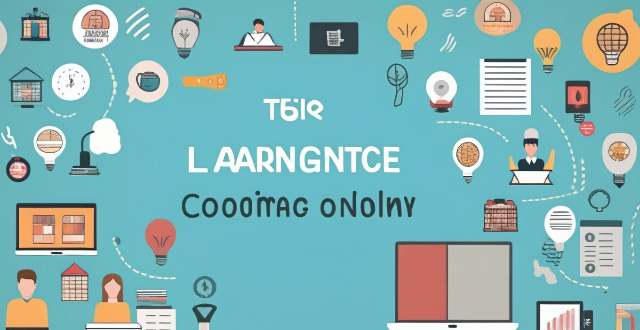Lifelong learning contributes to personal growth and development by enhancing cognitive abilities, advancing career prospects, providing personal fulfillment, fostering social engagement, promoting adaptability and resilience, and encouraging continuous self-improvement. By engaging in lifelong learning, individuals can maintain mental sharpness, stay relevant in a changing job market, pursue interests and passions, build social connections, become more adaptable to change, and continuously strive for self-improvement.

How Can Lifelong Learning Contribute to Personal Growth and Development?
Lifelong learning is a continuous process of acquiring new skills, knowledge, and expertise throughout one's life. It plays a crucial role in personal growth and development in various ways:
Enhanced Cognitive Abilities
Lifelong learning helps to keep the brain active and engaged, which can lead to improved cognitive abilities such as memory, problem-solving, and critical thinking. By constantly challenging your mind with new information and experiences, you can maintain mental sharpness and prevent cognitive decline.
Key Points:
- Increased brain activity
- Improved memory retention
- Better problem-solving skills
Career Advancement
In today's rapidly changing job market, upskilling and reskilling are essential for career advancement. Lifelong learners are more likely to adapt to new technologies, stay relevant in their fields, and be considered for promotions or higher-paying jobs.
Key Points:
- Keeping up with industry trends
- Adapting to new technologies
- Increased employability and earning potential
Personal Fulfillment
Learning new things can provide a sense of accomplishment and satisfaction. It allows individuals to explore their interests, pursue hobbies, and engage in activities that bring them joy and fulfillment. This can lead to increased self-confidence and a positive outlook on life.
Key Points:
- Pursuing personal interests and passions
- Enhancing self-confidence
- Improving overall well-being
Social Engagement
Lifelong learning often involves participating in classes, workshops, or online courses, which provides opportunities for social interaction and networking. These connections can lead to friendships, professional relationships, and a support system that fosters personal growth.
Key Points:
- Building social connections
- Engaging in collaborative learning
- Expanding professional networks
Adaptability and Resilience
As individuals continuously learn and grow, they become more adaptable to change and better equipped to handle challenges. Lifelong learning promotes resilience by encouraging individuals to view obstacles as opportunities for growth rather than setbacks.
Key Points:
- Embracing change and uncertainty
- Overcoming challenges with learned skills
- Cultivating a resilient mindset
Continuous Self-Improvement
Lifelong learning encourages individuals to strive for continuous self-improvement. By setting goals, reflecting on progress, and seeking feedback, learners can identify areas for growth and work towards becoming the best version of themselves.
Key Points:
- Setting personal and professional goals
- Reflecting on progress and achievements
- Seeking feedback for improvement
In conclusion, lifelong learning is instrumental in promoting personal growth and development across various aspects of life. By embracing this philosophy, individuals can enhance their cognitive abilities, advance their careers, find personal fulfillment, engage socially, build resilience, and continuously improve themselves.